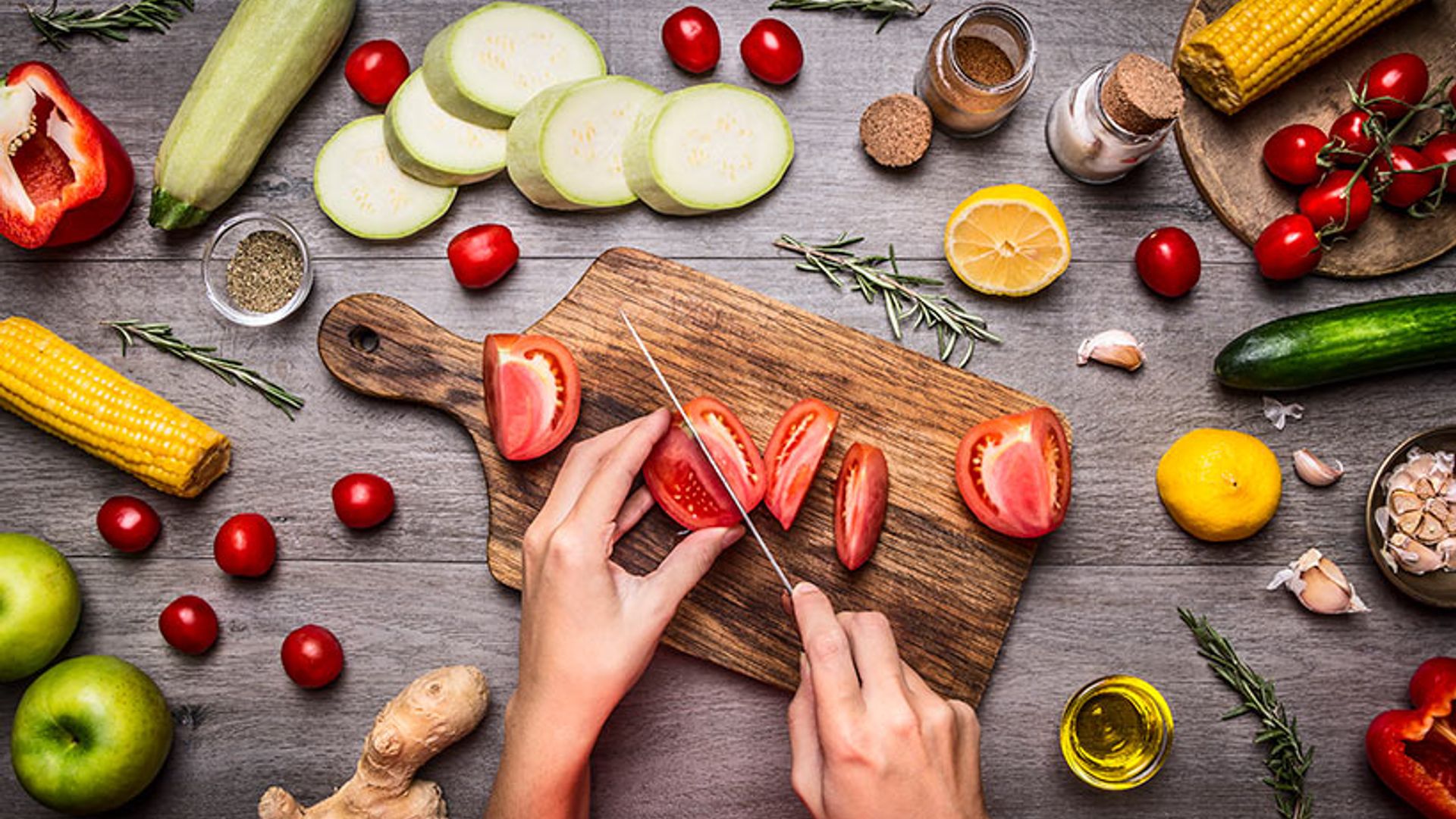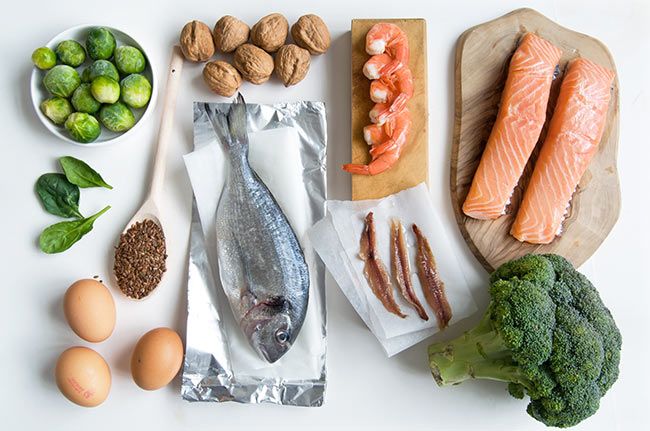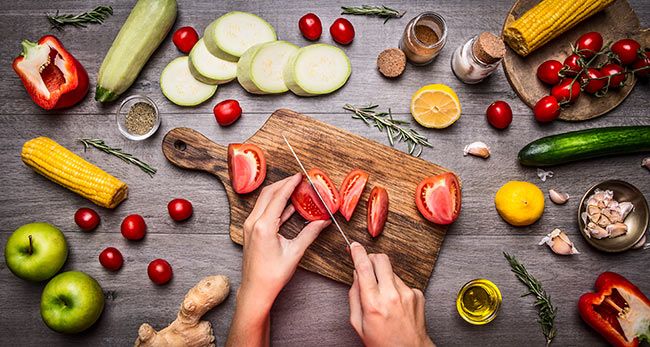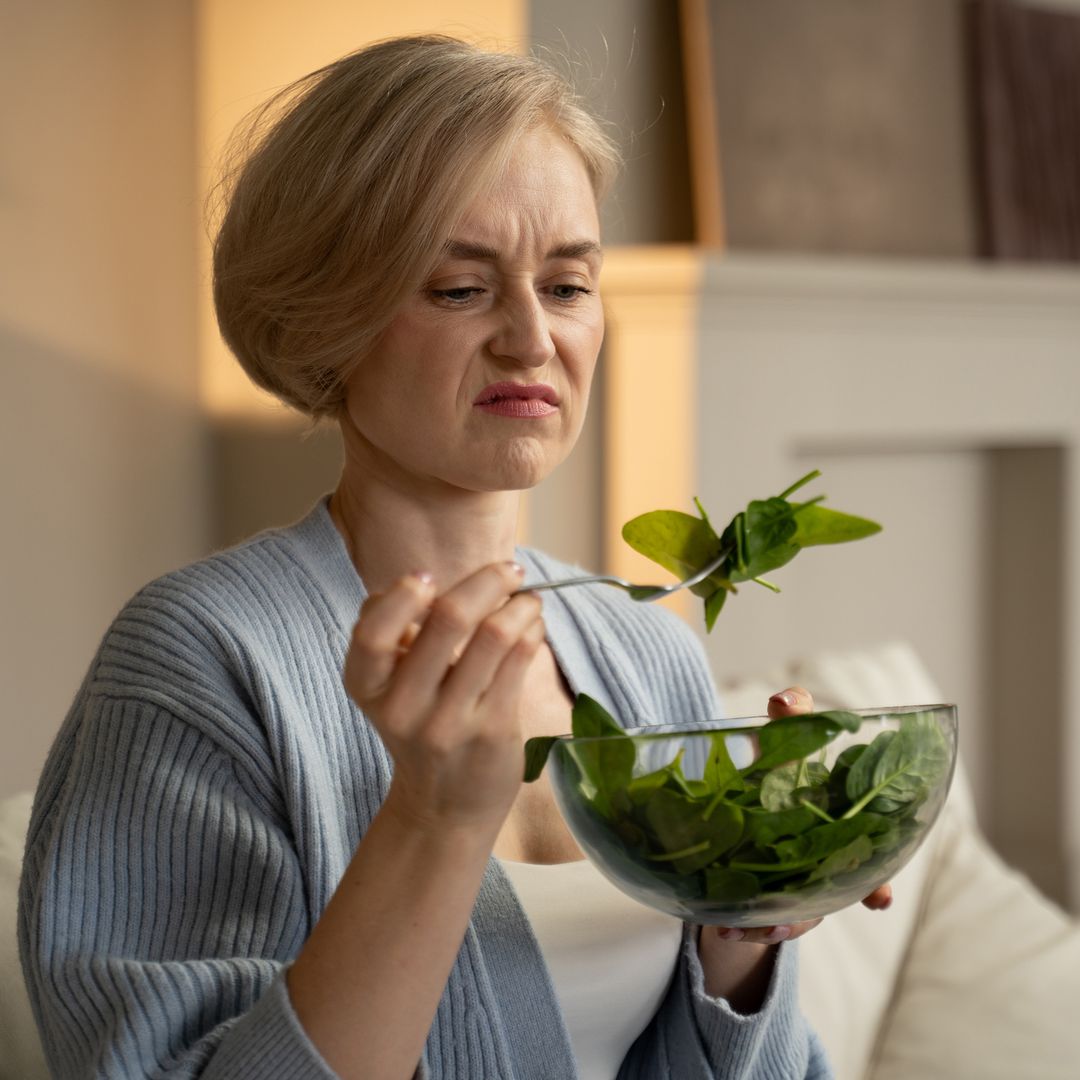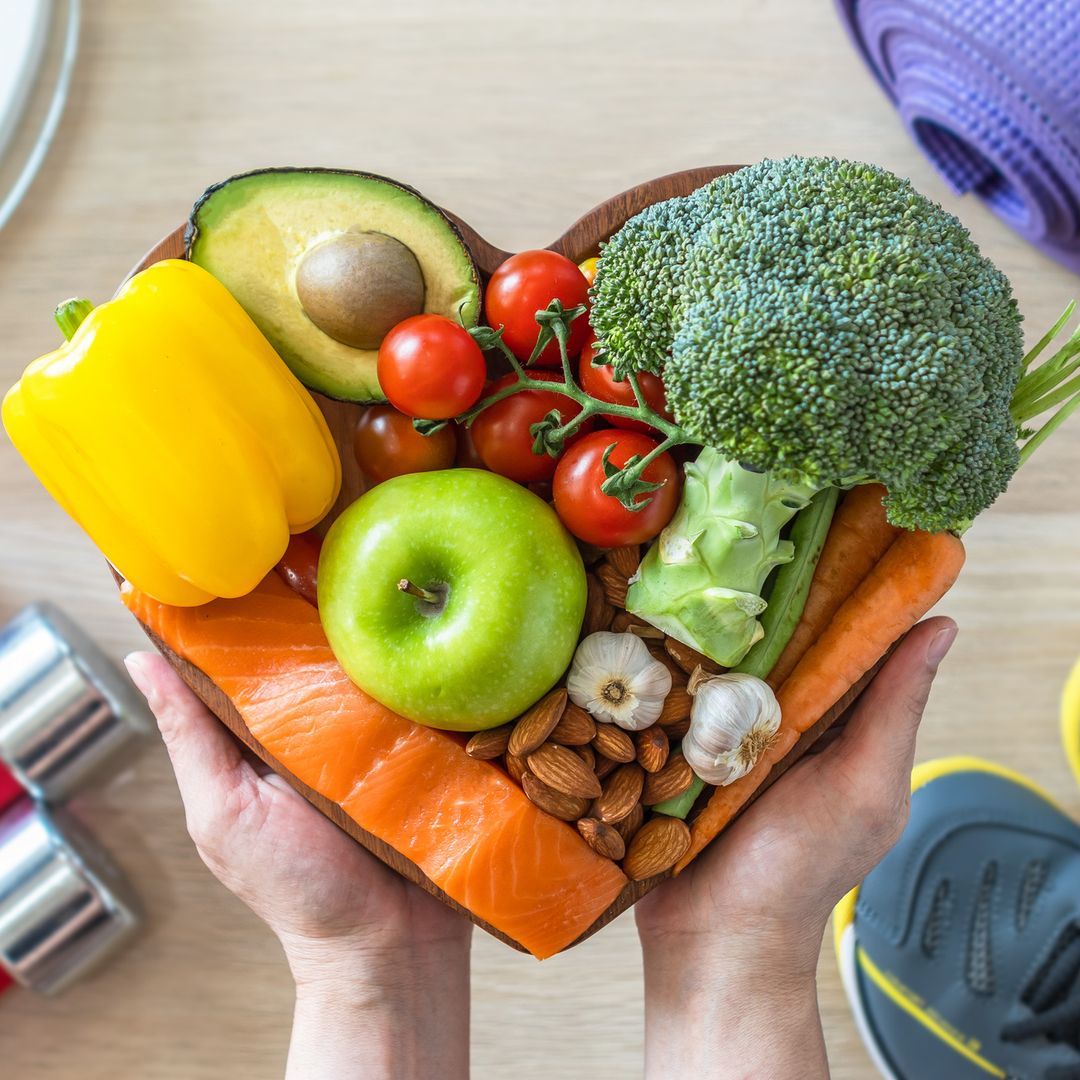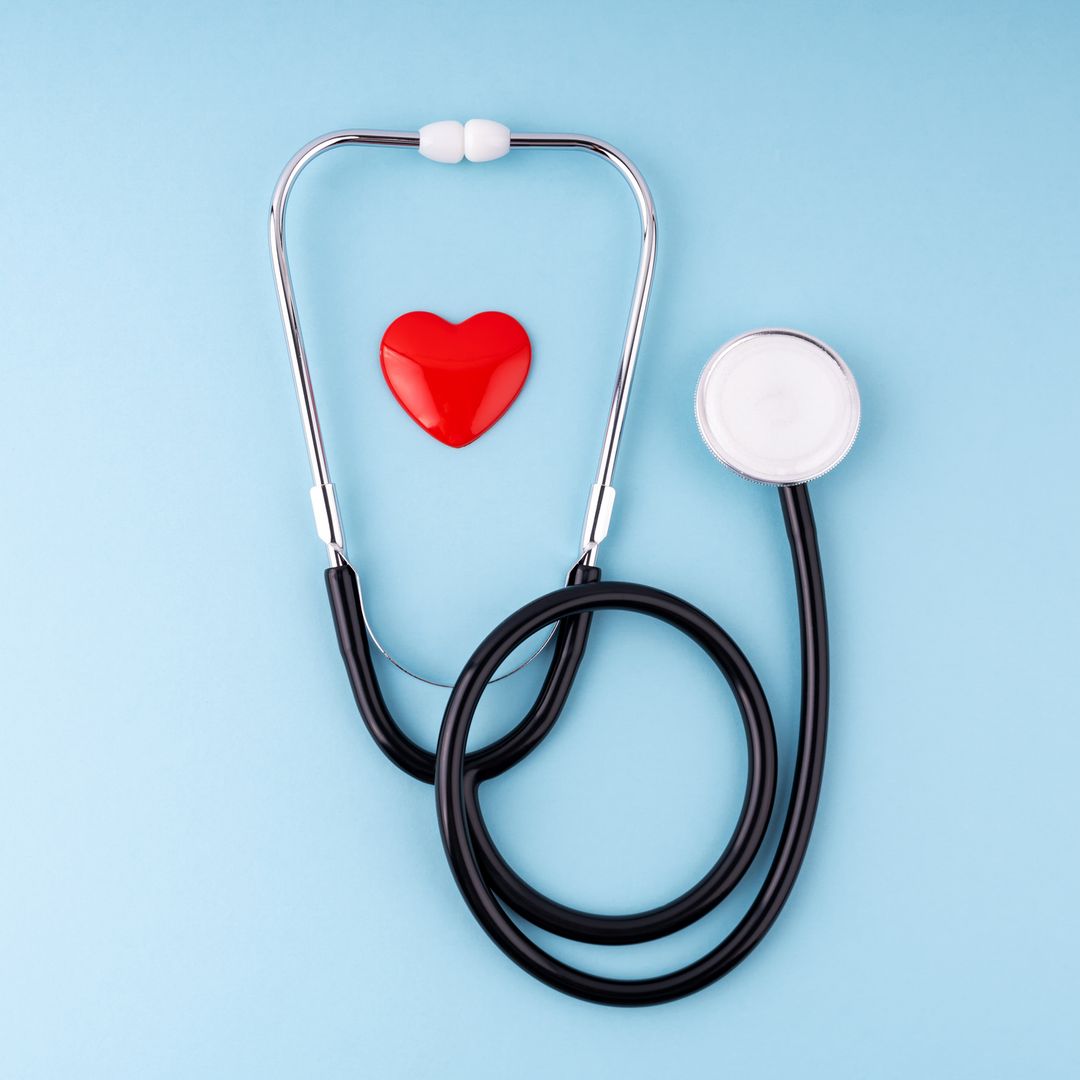The festive season is over, the temperatures have dropped and summer seems so far away, so it comes as no surprise that many people suffer from Seasonal Affective Disorder (SAD), especially in January. If you find yourself feeling low during the winter months, a few easy swaps in your diet could significantly boost your mood, as well as working wonders for your overall health.
Dietician and Seven Seas ambassador Helen Bond has shared her top 7 tips for avoiding SAD this January and revealed the vitamins and minerals you should be including in your diet to feel and look your best…
Helen suggests incorporating more omega-3 fats into your diet
Boost your immunity
"Some people with SAD also find that they are more prone to coughs and colds, so it's vital to eat a healthy, balanced and varied diet to keep the immune system in tiptop condition. Key nutrients for keeping the immune system in tip top condition in January include vitamin A, B vitamins 6, B9 (Folate), B12 vitamin C, and minerals zinc, copper, selenium and iron."
Watch the alcohol
"There can be some social pleasures associated with moderate and responsible consumption of alcohol, but relying on it to improve your mood is counterproductive, as it's a depressant, is highly calorific (one gram contains 7 kcals) and is dehydrating. Hangover blues and weight gain are also well known to dampen your mood and make you feel, sluggish and bloated. Men and women are now advised not to regularly drink more than 14 units a week!"
Breakfast like a king
"A healthy breakfast replenishes energy levels after a long period without food and provides fuel and essential nutrients to help the body and brain function more effectively throughout the day. Research shows that breakfast not only helps to improve mood so you could be less stressed and feel happier."
Essential omega-3 fats – what is your catch of the day?
"Omega-3 fats, especially DHA, are highly concentrated in the brain and are important for normal brain function and overall mental health- a deficiency in omega-3 fats is linked to low mood and depression. It is essential to get omega-3 fats from the diet, as they cannot be made in the body in sufficient amounts. Oil-rich fish, such as salmon, sardines, mackerel, trout and fresh tuna are all rich sources and hence why fish is often referred to as ‘brain food’.
If you're vegetarian try adding chai seeds and flaxseeds into your diet
"An analysis of 26 studies found that Europeans who ate the most fish were 17 per cent less likely to become depressed than those who ate the least. Aim to eat at least one portion of oily fish a week. If you don’t eat fish, try taking a fish oil supplement like Seven Seas Cod liver oil, to boost your intakes of these essential fats and support good brain health."
Many celebrities turn to Omegas to keep themselves looking and feeling their best. Jennifer Aniston previously revealed they are "good for your heart" while Courteney Cox admitted: "I eat really well and take Omega supplements."
Throw in the chia seeds and flaxseeds
"Rich in the essential fatty acid alpha-linolenic acid (ALA), a plant form of omega-3, which the body converts into the longer chain omega-3 fats found in oil rich fish. While not a very efficient process, these seeds can be an important source of brain healthy fats for people who don’t regularly eat oil rich fish, vegans and vegetarians."
It's a trick that Gwyneth Paltrow has championed in her latest book: "Supplementing [your regime] with omega-rich oils – from salmon or cod-liver to flaxseed or evening-primrose – can make a serious difference for people with dry skin," she wrote. "As with everything else, the only way to know is to try."
Go to work on an egg
"A source of high quality protein, eggs also provide pantothenic acid, a B vitamin that contributes to normal mental performance. And there’s no need to restrict your intake. The major UK heart and healthy advisory groups including the British Heart Foundation, no longer give recommended upper limits."
Check your iron intake
"Extreme tiredness, poor concentration, low mood can all be attributed to anaemia – an energy zapping condition caused by low blood iron levels. In the UK 48 per cent of teenage girls and 27 per cent of women aged 19-64 years have seriously low iron intakes and would benefit from eating more iron rich foods.
"Good sources of iron include lean red meat, oil rich fish, eggs, pulses, green leafy vegetables, nuts and seeds as well as some fortified breakfast cereals. Dried apricots and figs are also good, although don’t eat too many as there are higher in natural sugar calories than fresh fruit. Add vitamin C to increase iron absorption – try a glass of orange juice."
For more information head to seven-seas.com
